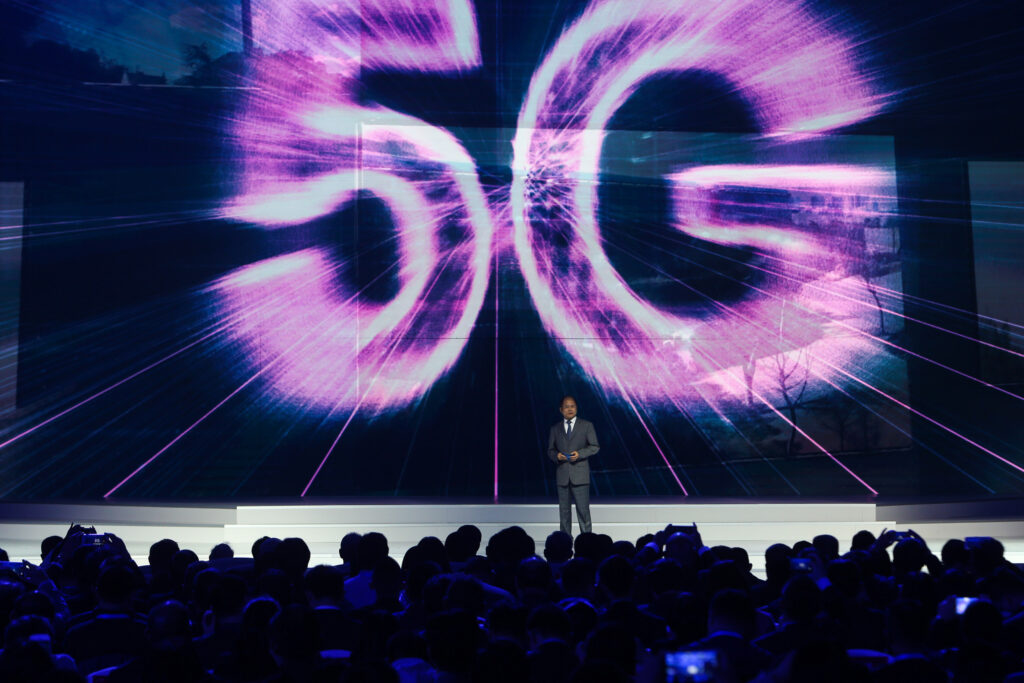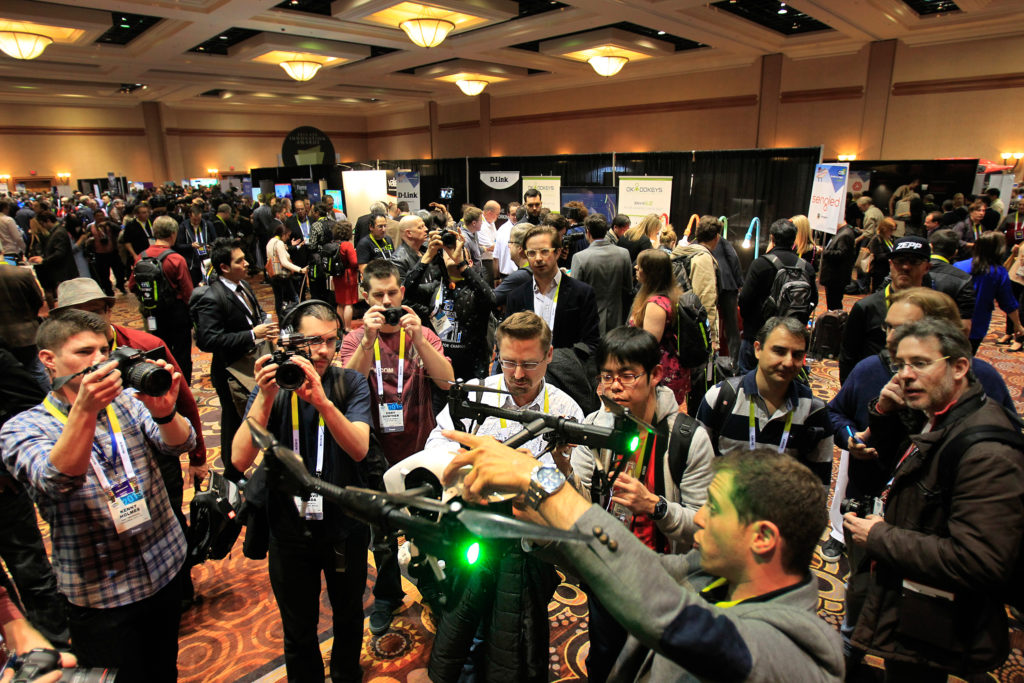The International Consumer Electronics Show, also known as CES, is a technology trade show held annually that gives the public an opportunity to see soon-to-be released gadgets. The event this year is held from January 9, 2018 until January 12, 2018.

In past years, CES has shown consumers the first wave of high-definition televisions, Bluetooth speakers and driverless cars.
While all of the announcements from CES 2018 have not been made public yet, several already-announced products may have consumers preparing their homes for a futuristic touch.
Automotive technologies are not new to the tech show, but this year offers a new take on driving: a car completely run by “smart” technology.
A new car company called Byton was formed by former Apple and BMW employees who looked into making, what they refer to as, “the first real smart car.” Announced at CES, the car known as “The Byton” features an oversized touchscreen that spans the dashboard, a screen on the steering wheel and technology that can be controlled by hand and face gestures.
“What we want to try to do is merge your life outside of the car with your experience inside the car,” Jeff Chung, head of Byton’s Intelligent Car Experience division, explained in an interview with BBC. “All features of the car will be accessible via touch. You’ll have the ability on the driver’s tablet to make all the selections that you do with gestures.”

The car does face competition in Tesla’s upcoming car, run by similar technology. However, Byton executives remain confident their car will be unique in its design, use of touchscreens and gesture recognition software.
Smart car technology may tantalize some tech fantatics, but other practical gadgets appeared to be entertaining as well as useful.
Chinese company ForwardX featured a motorized suitcase called CX-1 that would follow around different guests. Several CES attendees reported a suitcase that was moving by itself. When they inquired about it, the company representatives gave them a “test-drive” of the moving baggage to promote the new technology.
The luggage includes a camera that can track which individual to follow and a “smart” wristband that the user can wear to ensure that the baggage stays close by.
While the self-driving suitcase will maintain a similar pace to the user’s walking speed, the luggage can travel up to seven miles an hour, based on how quickly the user is moving.
The company plans to launch CX-1 products stateside in the latter end of 2018, but have not released any definite dates.
Other products at CES were focused on attempting to solve modern-day problems. Utah-based smart home security company Vivint presented a possible solution to package thievery on porches.
Vivint introduced a free app known as “Streety” where neighbors can view and share security camera feeds. App users can see which neighbors have security cameras on property and request permission to see the footage from those cameras.
“It’s like a high-tech neighborhood watch,” CES attendee Michael Price said in an interview with CNET. “I think anything that helps stop people from stealing packages will be great for neighborhoods that have that problem.”
The app is expected to be released in March and will be free to all users.
While CES has not finished its technology announcements for the year, a handful of the already-announced gadgets have caused quite a buzz in conversation. These include toys that could help turn projected lights into holograms, robotic animal toys that will interact like a biological pet and a 3-D printer that can also etch into wood, metal, vinyl and chocolate.
This year’s CES showcase will continue to impress consumers with upcoming technologies and futuristic potentials. Let’s hope those attending have the learning capacity to process the information.












